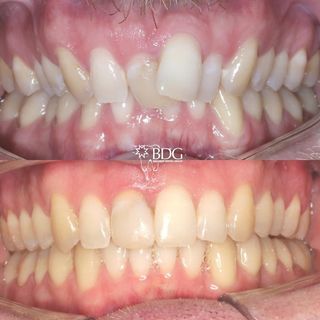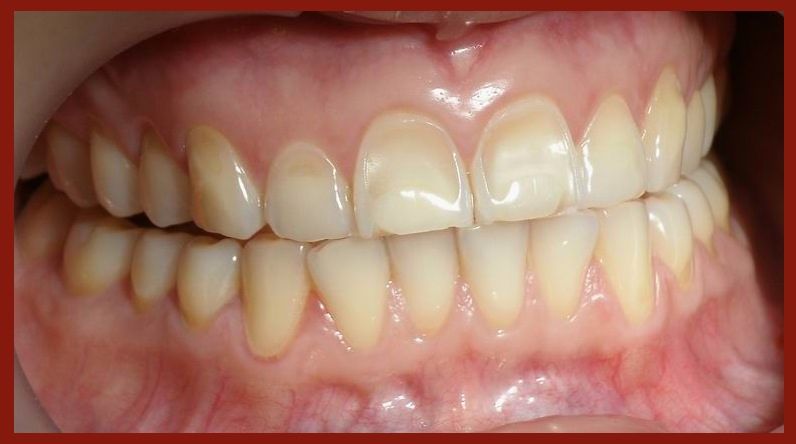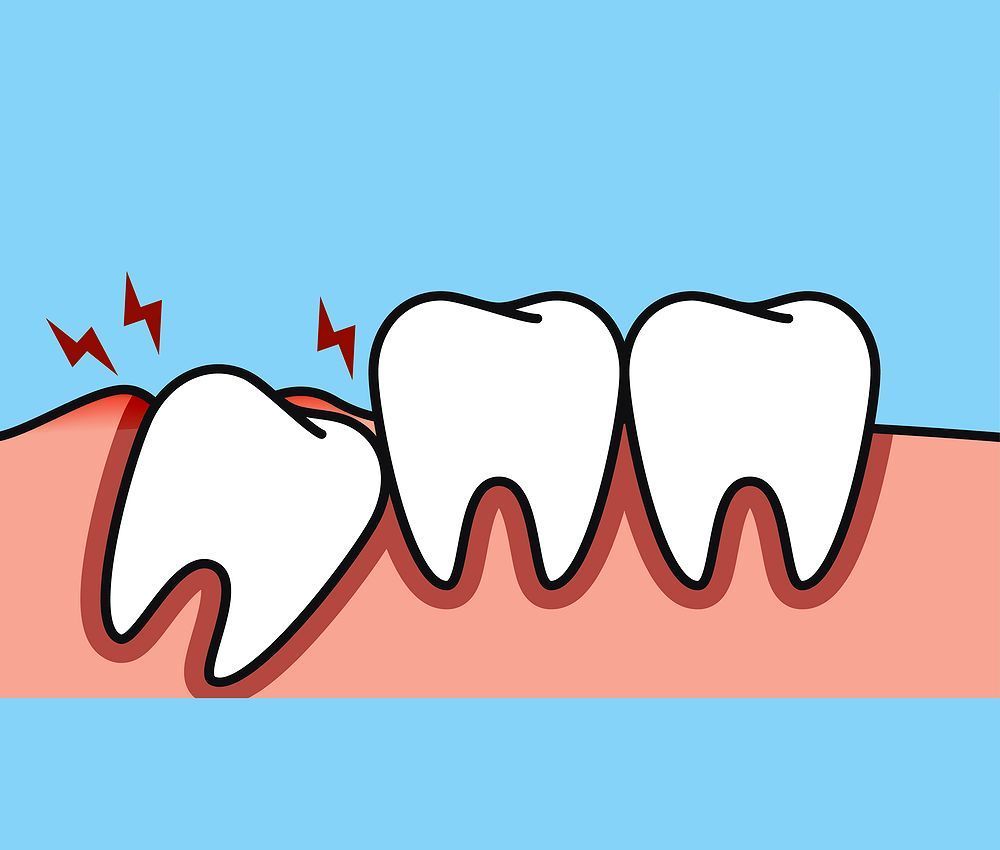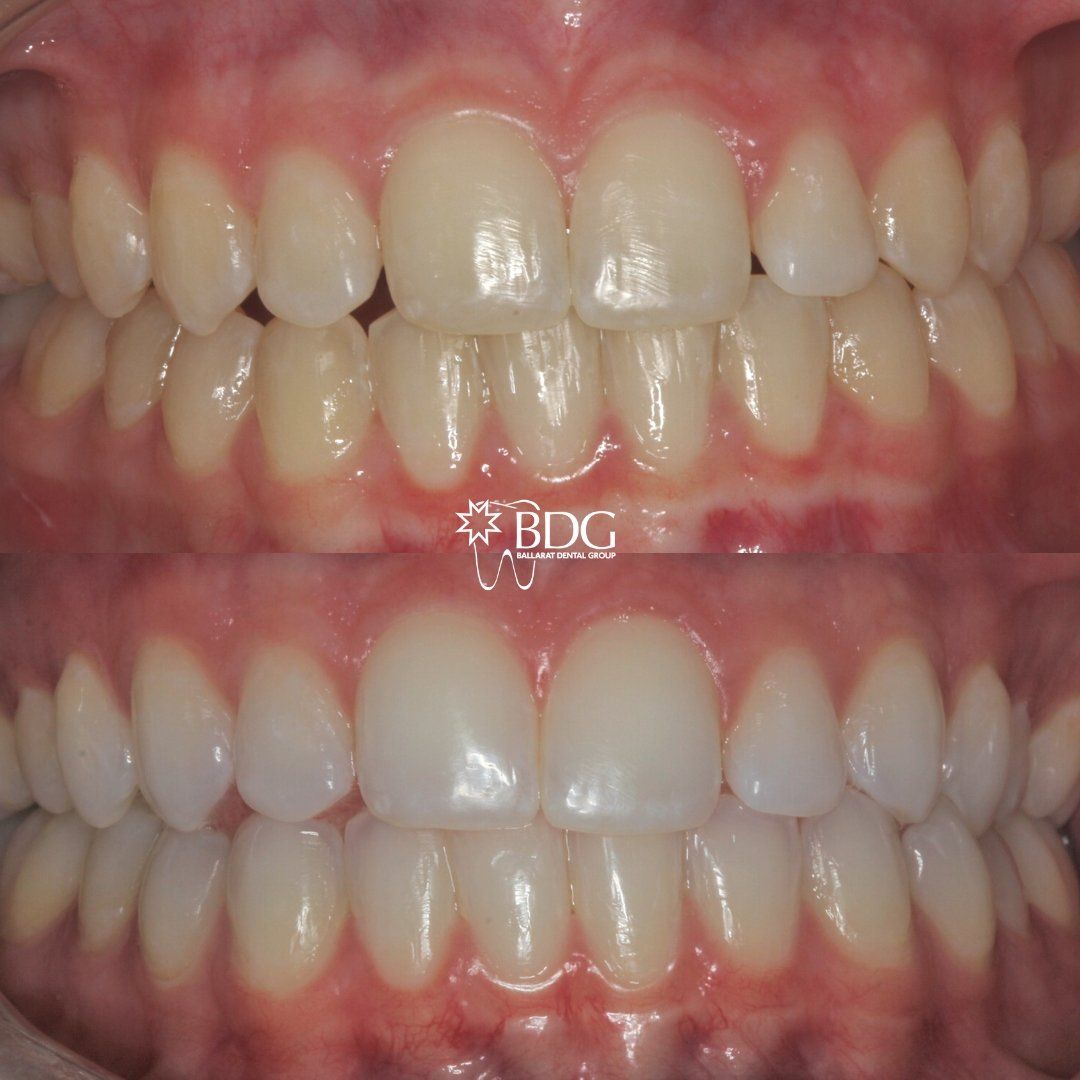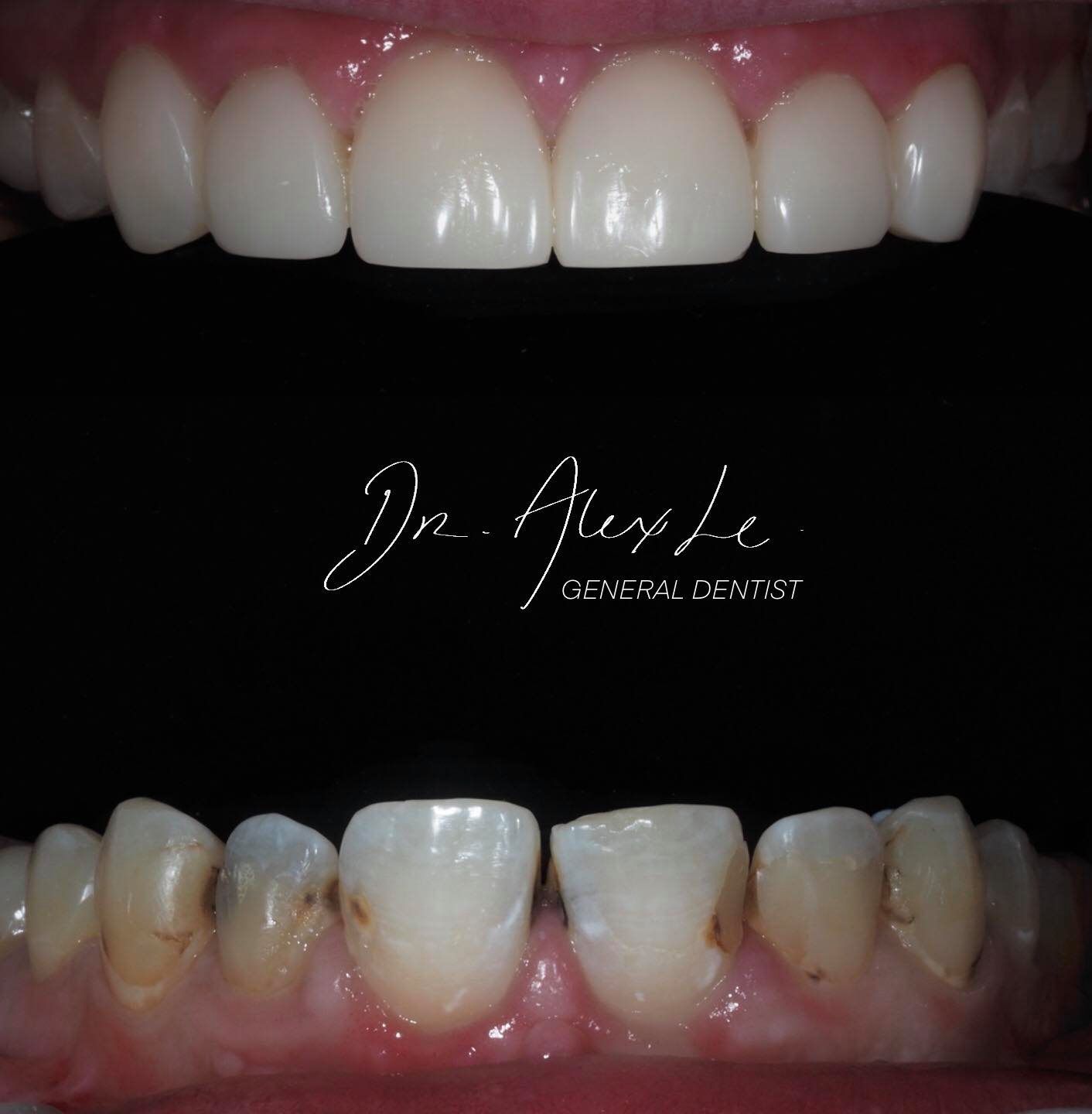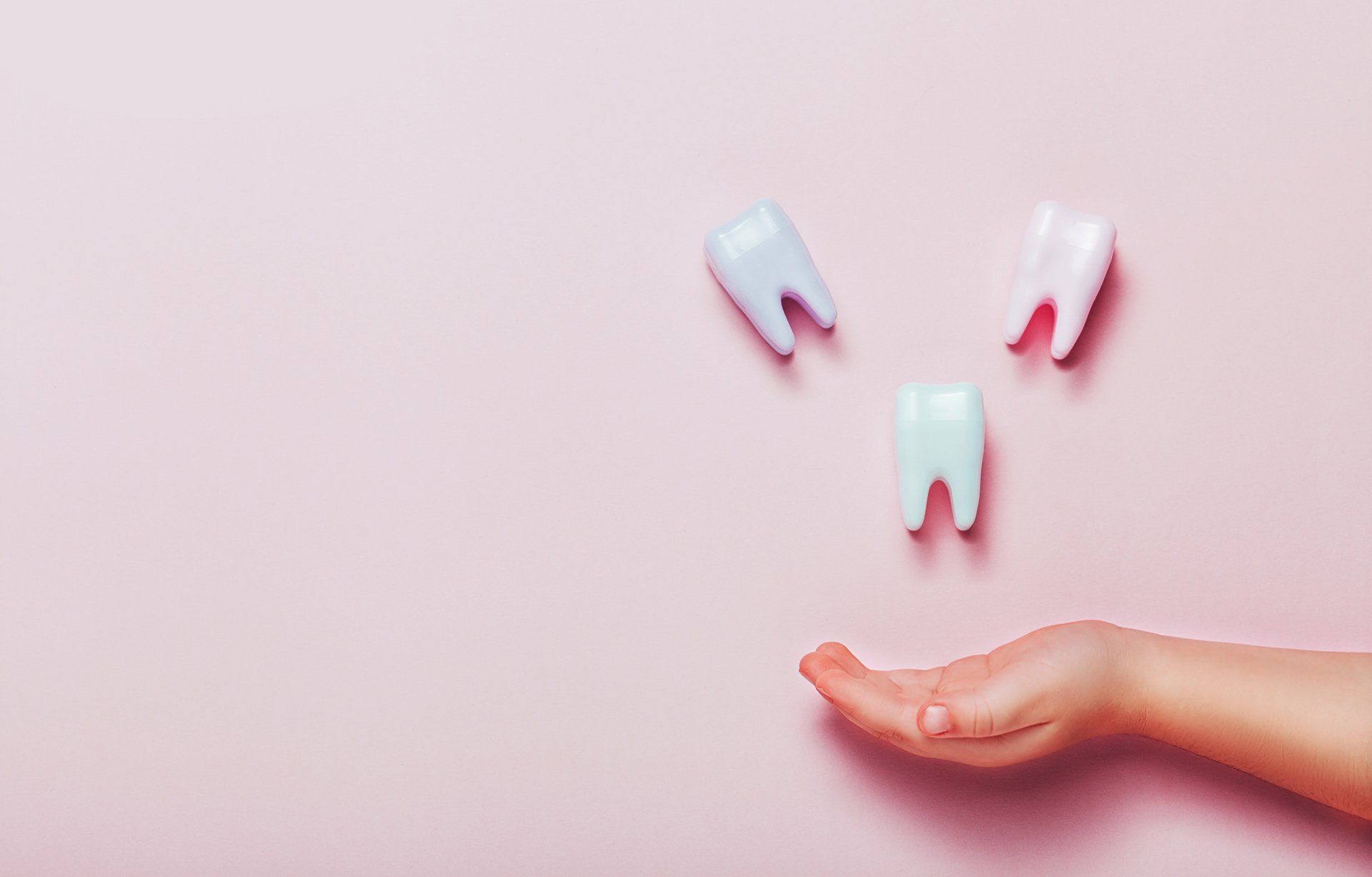Follow Us
Snoring and Sleep Apnoea
By Dr. Emily Lui
Sleep is the basis of good health, feeling well and being happy. Sleep breathing disorders such as Obstructive Sleep Apnoea (OSA) and snoring can disrupt restful sleep and can have significant effects on your health and wellbeing. Untreated OSA can lead to increased blood pressure, heart attack, stroke and diabetes, as well increased risk of motor vehicle accidents, poor work performance and even relationship breakdown.
What is OSA?
When you sleep, your neck and throat muscles relax and the tongue can drop back, reducing airflow as you breathe. If you have OSA, your airway closes over significantly and prevents air getting to your lungs (an apnoea), which means you can stop breathing from 10 seconds up to 2 minutes in severe cases. If you have several apneas throughout the night, this will cause sleep disturbance (making you feel unrefreshed when you wake up) and also put strain onto your heart.
What are some signs and symptoms of OSA?
- Tiredness Upon Waking
- Excessive Daytime Sleepiness / Falling Asleep Easily During the Day
- Choking or Gasping During Sleep
- Partner Notices You Stop Breathing
- Dry Throat Upon Waking
- Poor Concentration and Memory
- Lack of Energy, Depression or Anxiety
Diagnosis of OSA
Your dentist or GP doctor can refer you for assessment at a sleep disorder clinic. Diagnosis of OSA will usually involve either a hospital or home based overnight sleep study.
Treatments for OSA
- Oral Appliance Therapy (Mandibular Advancement Splint)
- The treatment of snoring or OSA with a custom oral appliance is comfortable, painless and effective. Worn during sleep, the appliance helps keep the airway open by bringing the lower jaw forward and prevents the tongue from falling back to block the airway during sleep. Dentists with training in oral appliance therapy will treat OSA or snoring in conjunction with a sleep physician. Your dentist will also review the appliance regularly to ensure it is working well. The appliances are light and convenient to carry during travel and can be used alone or with CPAP and other treatments.
- CPAP (Continuous Positive Airway Pressure Machine)
- CPAP involves wearing a mask over the nose or mouth at night that delivers air under pressure to keep the airway open. This is generally used for patients with severe OSA or other significant health issues.
- Surgery
- Several surgical procedures can be used including surgery to open up breathing passages in the nose, remove tonsils, reduce tongue size or bring the jaws forward.
- Lifestyle Changes
- Weight loss, regular exercise, avoiding alcohol and sleeping on your side rather than your back can all help with having less relaxed tissues around the neck and keeping the airway open.
Feel free to ask your dentist about snoring and OSA at your next dental appointment and we can help you get assessed as soon as possible.
